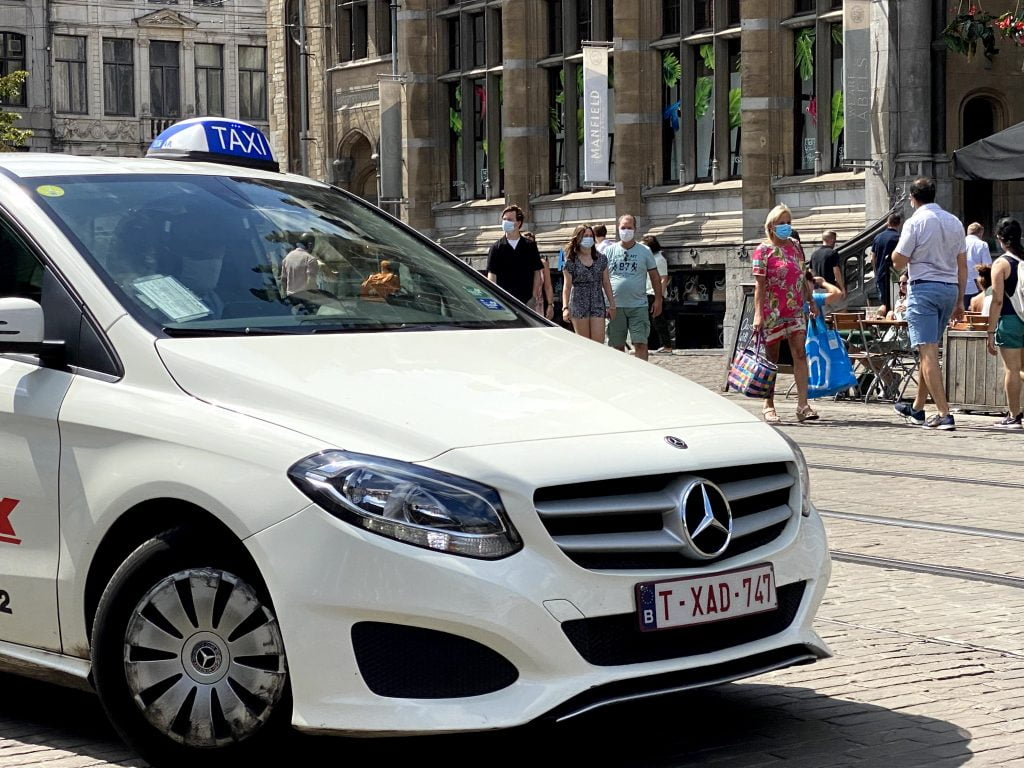The corona support from the federal government is one of the reasons why a lot of entrepreneurs and self-employed persons such as taxi drivers will have to pay additional taxes this year. Each situation is of course different, but sometimes the amount can amount to thousands of euros that have to be paid in taxes. And that problem lies with the withholding tax. This is a monthly amount that is withheld by the employer from the employee's taxable wages and is an advance on the final income tax.
oxygen
In order to give people some extra financial leeway during the corona crisis, the withholding tax was reduced to 15 percent. On average, it is 30 percent, so many entrepreneurs have created concerns for later that the tax authorities will settle. Those persons will probably have to pay additional amounts that can amount to 1.000 euros. There were different types of corona support, each of which now also has its own result on the tax return. Perhaps the best known was the federal government's crisis-bridging law.

The situation is different for a sole proprietorship. The Flemish newspaper Nieuwsblad published that they look at the net profit of the past four years. For 2020, these are the years 2016 to 2019. If the net profit is higher than the amount they received as a bridging right, it will be taxed at 16,5 percent. If the net profit is higher than the amount they received as a bridging right, it will be taxed at 16,5 percent. If this is not the case, and if the bridging right is higher than the total amount of the net profit of the past four years, then the part of the bridging right that exceeds the net profit of the past four years is taxed at the normal progressive rates.
pay off
If you can't pay the taxes in one go, you can request an installment plan. You can easily arrange a four-month plan yourself via MyMinfin, but if you want to take longer, there is a lot of hassle involved. In any case, you have to pay because you cannot respond to it fiscally because it is legally correct. And a lot of people haven't thought about that.
The Netherlands
The corona support situation in the Netherlands is similar. Half a million Dutch people received self-employed support last year due to the corona crisis. This is reported by Statistics Netherlands (CBS) based on the final figures of the Temporary bridging scheme for self-employed entrepreneurs (Tozo).
The Tozo was a scheme that provided income support to self-employed persons if they were affected by the corona crisis. But part of the Tozo was also the favorable loan for entrepreneurs who need money to keep their business afloat. The scheme was discontinued on 1 October this year. Relatively speaking, a lot of self-employed support went to service providers such as taxi drivers, hairdressers and beauticians and the self-employed who work in the cultural sector and the catering industry.
Self-employed persons can still apply for special assistance. The conditions for this arrangement have been relaxed until the end of this year. Until that time, the assets of an independent entrepreneur are not considered, nor is the previous financial year. Normally it is.
Also read: Tax debts problematic for taxi companies

